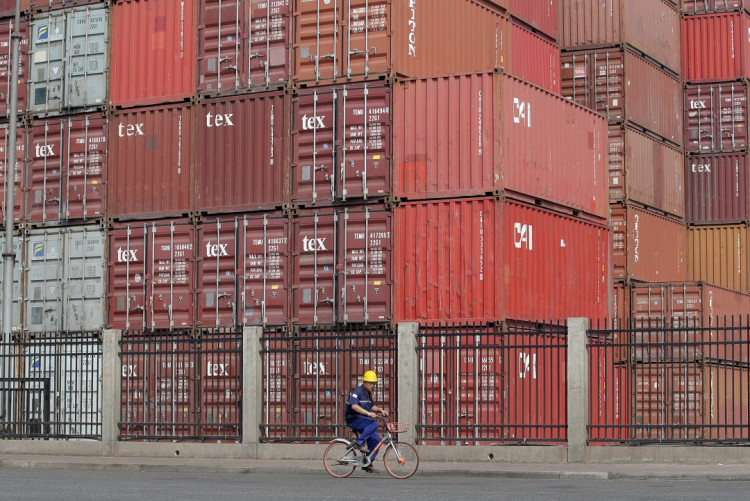To attract more foreign investors and to offset the effects of its ongoing trade dispute with the United States, China is reportedly planning to launch a pilot program that will effectively remove all duties in one of its free-trade zones.
According to local media reports, China will be launching its pilot program at its Shanghai Free-Trade Zone with an official announcement likely coming within the year.
The pilot program was reportedly proposed during Premier Li Keqiang's visit to Shanghai last month. Government officials and the Chinese premier are scheduled to further discuss the project at their annual gathering in the town of Beidaihe in northern Hebei province this month.
During his visit to Shanghai, Li mentioned that the project is in line with the country's efforts to further open China's economy to the rest of the world.
The plan itself will involve the complete removal of customs duties for goods and products either passing through or are stored within the free-trade zone.
This means that foreign companies and manufacturers will be able to temporarily store their products even if they don't have customs clearances. Apart from the removal of duties, foreign firms will also benefit the more streamlined customs procedures.
According to industry experts, if the pilot program is successful, the plan could be implemented in China's other free trade zones. It is only fitting that China tests its program in its first-ever free-trade zone, established in 2013. When it was launched, China's Shanghai Free-Trade Zone was hailed as a testament to the country's willingness for reform and as a clear sign that it was now opening its doors to the rest of the world.
While the project is meant to allow foreign companies to enjoy easier application procedures and zero levies, it is not yet clear if it will include US companies.
The sudden escalation of the trade dispute between China and the United States will likely affect the current terms of the project. With both countries now at each other's necks with tit-for-tat actions against one another, China will likely exclude US companies and products from its free-trade zone pilot program.
Last week, US President Donald Trump announced threatened to impose a 10 percent tariff on an additional $300 billion worth of Chinese goods. The tariffs will apparently take effect on September 1. This effectively broke the already fragile trade ceasefire between both nations, with China immediately launching its own retaliatory actions. China has since devalued its currency and canceled billions of dollars worth of orders for US agricultural goods.






